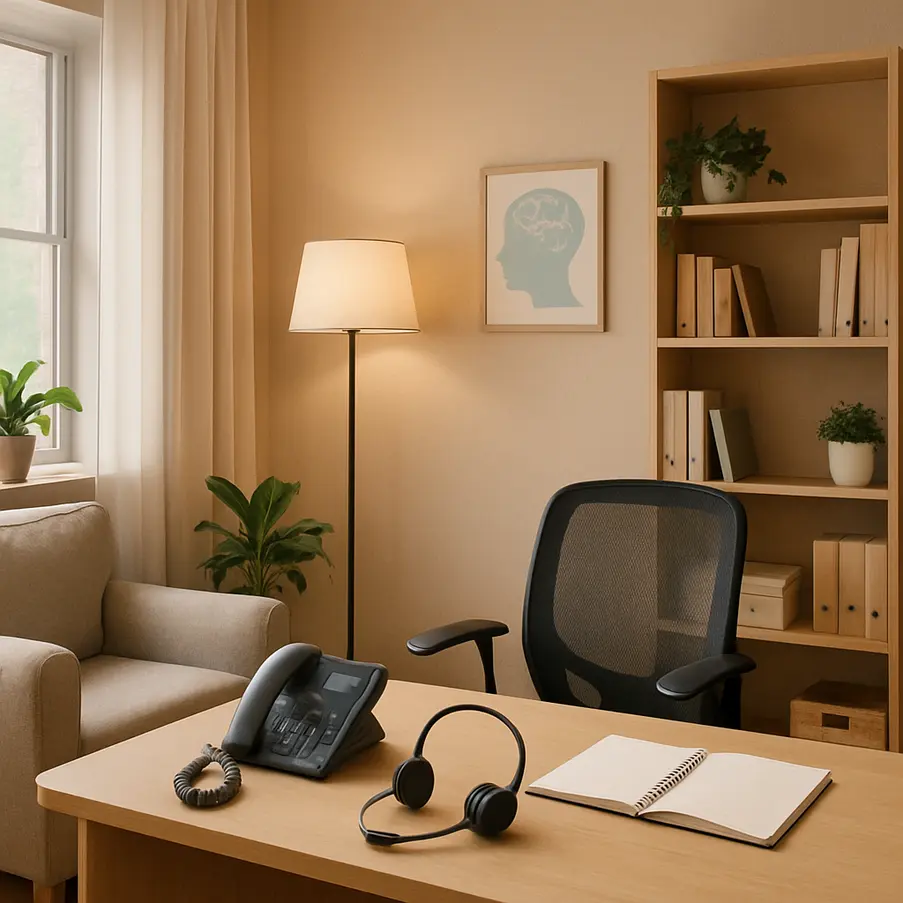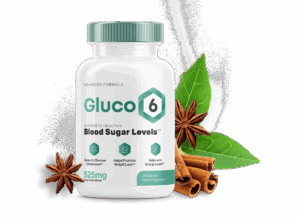Accessibility to mental health services is crucial for personal well-being, and knowing about mental health hotlines in your area can be a significant step towards finding the support you need. Whether you’re experiencing stress, anxiety, or just need someone to talk to, local hotlines offer immediate assistance and guidance tailored to your community. This article delves into the importance of these services, how they operate, and ways they cater specifically to local needs. Explore how your area supports mental health initiatives and discover valuable resources that can provide the help you need.
Understanding the Role of Mental Health Hotlines
Mental health hotlines play a crucial role in providing immediate emotional support and guidance during times of crisis. These hotlines often serve as the first point of contact for individuals experiencing distress, making them an essential resource in mental health care.
Hotlines operate around the clock, ensuring that help is available whenever it’s needed. Staffed by trained professionals and volunteers, these services offer empathy, listening, and problem-solving skills. When someone reaches out, they might be struggling with anxiety, depression, or thoughts of self-harm. Other issues could include substance abuse, grief, or relationship problems. By addressing a wide range of concerns, hotlines provide comfort and direction to those who might otherwise feel isolated.
The primary function of a mental health hotline is to assess callers’ immediate needs and de-escalate stressful situations. The experts on the line guide individuals through their feelings, helping them find clarity and calm. In cases where callers require more intensive support, hotline professionals can connect them to appropriate local resources like therapists, support groups, or emergency services.
One might wonder why mental health hotlines are so significant in this digital age. Despite the plethora of self-help apps and online resources available, speaking with someone who is empathetic and understanding offers a unique comfort. This human connection can be a lifeline, especially when navigating complex emotions or overwhelming circumstances. Additionally, many hotlines ensure confidentiality, encouraging those who might be hesitant to seek help openly.
The peace of mind offered by hotlines cannot be overstated. They assure individuals that they are not alone, providing immediate access to support without judgment. For those interested in finding ways to manage stress and enhance overall well-being, exploring resources like the best meditation apps for stress relief might also be beneficial.
As we continue to build awareness around mental health, knowing about and utilizing mental health hotlines can be an empowering first step for many. These services remind us that help is just a phone call away, fostering hope and resilience.
Exploring the Unique Services Offered by Local Hotlines
Accessing mental health support is crucial, yet the specific needs can vary significantly from one community to another. Mental health hotlines in different regions are adapting by offering services that address unique local challenges. Let’s delve into what’s available.
Firstly, some local hotlines have introduced language-specific services to accommodate diverse communities. For instance, they offer support in multiple languages to ensure that non-English speakers receive help without language barriers.
Interestingly, there are hotlines that provide specialized support for specific age groups. Adolescents, for example, often face unique challenges such as peer pressure and academic stress. Certain hotlines have trained counselors who focus solely on youth, offering age-appropriate advice and empathetic listening.
Moreover, local hotlines might provide text-based services, which appeal to younger users or those uncomfortable with speaking directly over a phone call. Text services allow you to discreetly reach out for help, an excellent option for those in public spaces or around others.
Rural areas, often lacking in mental health infrastructure, benefit immensely from teletherapy services offered through hotlines. Virtual therapy enables remote consultations with licensed therapists, ensuring accessibility even when physical clinics are far removed.
Furthermore, many local hotlines partner with community organizations to address broader societal issues. They engage in initiatives like setting up stress-relief workshops in collaboration with local educational institutions.
To focus on preventive measures, some hotlines run mental health awareness campaigns. These campaigns educate the population about recognizing signs of mental illness and encourage proactive steps towards emotional well-being.
Interestingly, there are hotlines providing special resources for caregivers, supporting those who need guidance in how to care for their loved ones while maintaining their mental health. Tips on healthy communication, crisis management, and self-care for caregivers make a positive impact.
Discovering these tailored services not only enhances immediate support but also fosters long-term resilience in communities. The collaborative efforts of hotlines and local initiatives create a robust safety net, reaching individuals before they reach a breaking point.
For tools to manage anxiety effectively on a personal level, check out this comprehensive guide. Getting informed can empower you to seek the right support.
The Impact of Mental Health Hotlines on Community Well-being
Mental health hotlines serve as a critical lifeline for individuals in distress, offering immediate support and guidance. Their contribution to community well-being is profound, as they not only provide crisis intervention but also foster a sense of connection and understanding.
Research underscores the significance of these services. According to a study by the National Institute for Mental Health, regions with accessible hotlines report a 20% reduction in emergency room visits for mental health crises. This statistic highlights not only the practical relief hotlines offer but also their role in alleviating systemic burdens on healthcare resources, allowing hospitals to focus on acute cases that require immediate physical intervention.
A compelling case study from the state of Colorado illustrates this effect. In 2012, the implementation of a statewide mental health hotline led to a noticeable decrease in suicide rates by 15% over three years. This decline can be attributed to the hotline’s ability to intervene swiftly, providing therapeutic strategies and referrals for long-term care. The hotline’s success was further amplified when it integrated technologies, offering text and chat services. This approach catered to younger demographics, increasing engagement among teens and young adults—groups that often hesitate to seek help via traditional phone calls.
Moreover, mental health hotlines contribute to the broader community by helping reduce stigma associated with mental health issues. When people see tangible outcomes and hear stories of lives saved through these hotlines, there is a gradual shift in public perception. Communities begin to view mental health not as an isolated concern but as a collective responsibility that can be managed with the right resources.
Enhancing the accessibility and effectiveness of these hotlines remains crucial. By promoting the use of such resources, we can ensure individuals understand the importance of reaching out for help. For those interested in further support tools, consider exploring effective tools for managing anxiety, which could complement hotline services by providing ongoing strategies for managing mental health.
Ultimately, mental health hotlines are indispensable to cultivating a supportive and resilient community. They not only offer immediate help but also embody the compassion and care that underpin a thriving society.
How to Access Mental Health Hotlines in Your Area
Accessing mental health hotlines can be an essential step toward obtaining the support you need. Here’s how you can find and make the most of these vital resources.
Start by researching local hotlines available in your community. A quick online search or consultation with local health services can direct you to appropriate contact numbers. Many government health websites provide listings of mental health resources categorized by location. Alternatively, you can inquire at local clinics or hospitals, which often have information on mental health support networks.
To ensure your privacy and comfort, it’s crucial to understand that calls to mental health hotlines are usually confidential. This confidentiality means that your discussions with hotline staff are secure and protected by privacy laws. However, it’s always a good practice to ask the hotline about their specific confidentiality policies to make sure you feel secure.
Hotline availability may vary, with some lines operating 24/7 while others might have more limited hours. Check these details beforehand to ensure you reach out at the right time. Some hotlines are also equipped to handle languages other than English, so verify if language support is necessary.
These hotlines deal with a broad spectrum of calls. From individuals experiencing immediate crises to those seeking guidance on managing mental health, hotlines are equipped to assist. You can discuss concerns like anxiety, depression, suicidal thoughts, or even inquire about resources for ongoing mental health treatment. For more insights on managing anxiety, you might find this resource on effective tools for managing anxiety helpful.
In conclusion, accessing a mental health hotline involves understanding the confidentiality, availability, and types of support offered. With this knowledge, reaching out to local hotlines can be a comforting resource that provides you with the understanding and support necessary to navigate your mental health journey.
Final words
As we’ve explored, mental health hotlines in your area offer invaluable resources that cater specifically to your community’s needs. These hotlines provide immediate support and guidance, helping to improve personal well-being and foster community health. I encourage you to explore more articles on our site to stay informed about available resources and to empower yourself and those around you.





Claritox Pro
$ 69,00Original price was: $ 69,00.$ 49,00Current price is: $ 49,00.Mitolyn
$ 99,00Original price was: $ 99,00.$ 79,00Current price is: $ 79,00.Gluco6
$ 69,00Original price was: $ 69,00.$ 39,00Current price is: $ 39,00.Nagano Tonic
$ 79,00Original price was: $ 79,00.$ 39,00Current price is: $ 39,00.